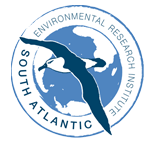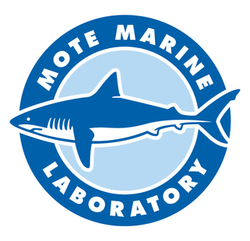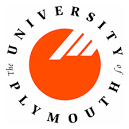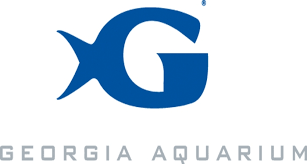St Helena has two main important sectors in the island’s long-term goal of self- sufficiency and they are marine tourism and commercial fishing. Due to the construction of the airport this project was put in place in April 2015 and ended in June 2017 to fill data gaps that existed so management decisions are made on evidence based advice appropriate to St Helena’s marine ecosystem, society, economic growth and changes that St Helena might for see, due to now having the airport and more people on Island.
Due to the isolation on St Helena before the airport the project was hard due to the team not having the correct skills and understanding. This resulted in the first output being the marine section staff trained as local fisheries observers. During the project a fisheries database was created which included the 539 species that were found on St Helena and recorded up until April 2017. A tuna tagging team arrived on Island in September 2016 where they undertook satellite tagging of 12 tunas and the collection of tissue samples for isotope analysis. There were a fisheries legislative review committee that was established in May 2016 to review and update St Helena’s fisheries related ordinance towards establishing a fisheries law. It was also decided that every month a report had to be made by the observers of marine based tourism compliance and human interaction with marine species. The team then focused on the Whale Shark. The tagging of whale sharks allowed the team to look at them in depth. The information from the tags allowed them to see how long a whale shark stays in St Helena’s water, which season they visit most and even the depths they dive each day. This then resulted in an ecotourism code of conduct being put into place by SHG and assuming the aggregation continues to be reliable year by year, it has great potential to be a jewel in the tourism crown for the people of St Helena. A full ecosystem service valuation has been completed for fisheries and activities on St Helena. As well as this an ecosystem service valuation report has been written which includes the social and economic benefits associated with fisheries and tourism activities and assessment against long term trends in the data.
Our Project Partners
South Atlantic Environmental Research Institute (SAERI)
https://www.south-atlantic-research.org/
The South Atlantic Environmental Research Institute (SAERI), based in the Falkland Islands, aspires to increase and coordinate the volume and impact of natural and physical sciences in the South Atlantic (SA), from the tropics down to the ice in the Antarctic, by establishing world-class research platforms, teaching students, and building capacity within and between the SA Overseas Territories. SAERI research activities include as well geographic information systems (GIS). Within SAERI, the Information Management System (IMS) and GIS data centre was developed with the intention of establishing a data infrastructure for managing existing and future data (environmental and otherwise) in a consistent way across the entire SA region. The GIS data centre aims at building local GIS capacity, skills and knowledge by delivering training courses in open source GIS tools and data management systems. The data centre, in collaboration with the University of Dundee, is developing more practical and useful data tools/services with the intent of helping the outcomes of research projects to have a longer term and beneficial impact on the local communities.
Ascension Island Government Conservation Department (AIGCD)
http://www.ascension-island.gov.ac
Conservation efforts on Ascension were formally initiated in 2001 when the Foreign and commonwealth Office (FCO) funded a seabird restoration project that was managed by the Royal Society for the Protection of birds (RSPB). Since then the Ascension Island conservation team had made steady progress in conserving and promoting the island’s fantastic biodiversity. Ascension has a poor biodiversity due to its isolation but despite this the degree of endemism of terrestrial and marine biodiversity is high, with at least 55 endemic species of fish, plants and invertebrates. Ascension Island also supports the largest green turtle and seabird nesting colonies in the tropical South Atlantic. Working with our partners we carry out practical conservation and also a number of research projects. If you would like any more information about our work or working with us then please do not hesitate to get in touch (conservationenquiries@ascension.gov.ac)
Mote Marine Laboratory (MOTE)
We are scientists, explorers and stewards of the ocean. Driven by research, education and excitement we work to create a better environment for ourselves and our children. The answers are in the ocean. Together, we will find them.We are an independent, non-profit marine research institution comprised of world-class marine scientists committed to the belief that the conservation and sustainable use of our oceans begins with research and education. Originally focused on sharks, our research has expanded to include studies of human cancer using marine models, the effects of man-made and natural toxins on humans and on the environment, the health of wild fisheries, developing sustainable and successful fish restocking techniques and food production technologies and the Our research programme also focus on understanding the population dynamics of manatees, dolphins, sea turtles, sharks and coral reefs and on conservation and restoration efforts related to these species and ecosystems.The ocean is our passion. And science is our catalyst to help our oceans heal, thrive and continue to be havens of sustainable life, life-improving science and life-giving solutions.
Plymouth University
Through teaching, learning, research and innovation we work in partnership with our students, staff, community, business and the professions to drive social inclusion, economic prosperity and sustainability in Plymouth, across the nation and throughout the world.
